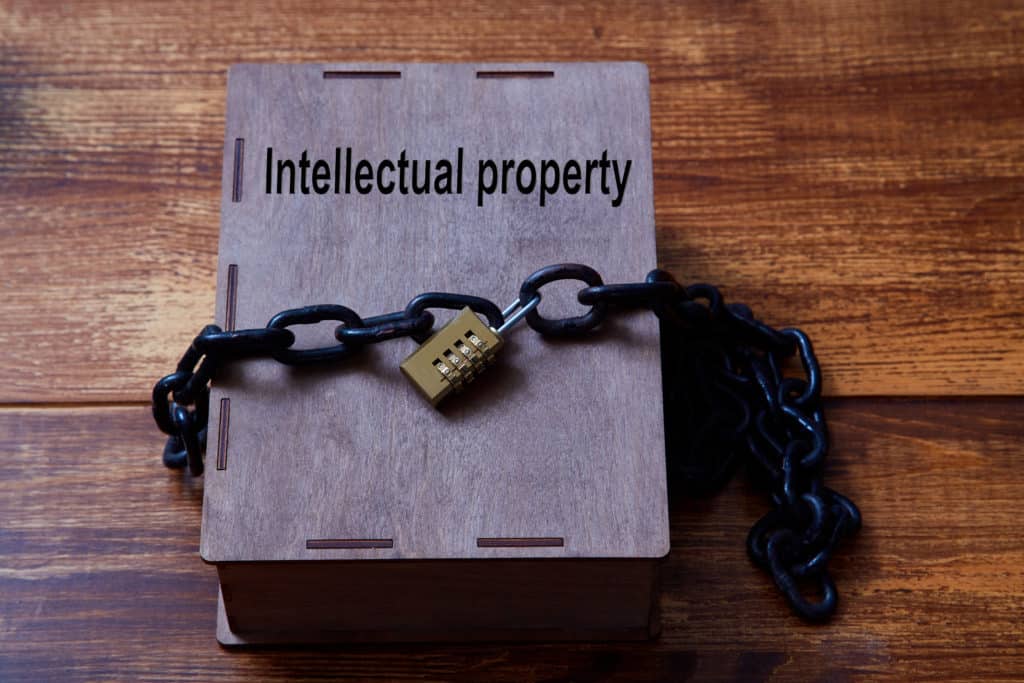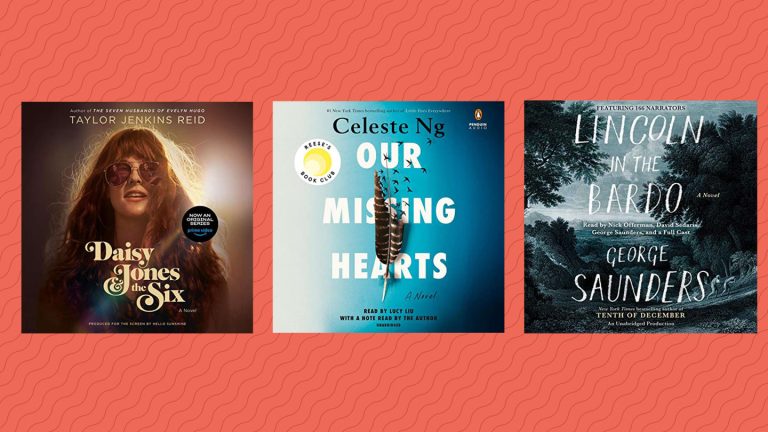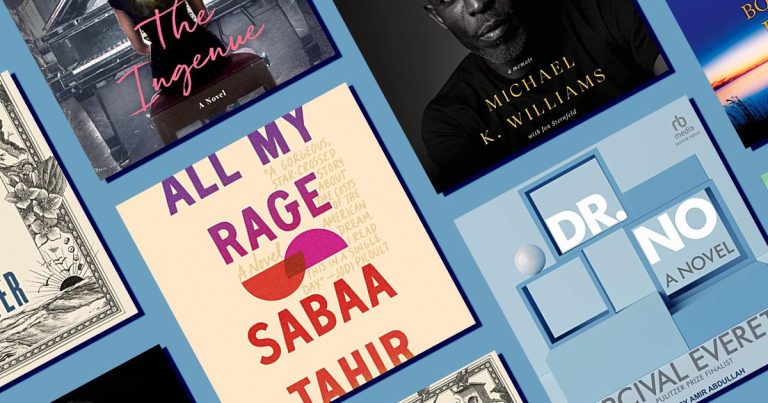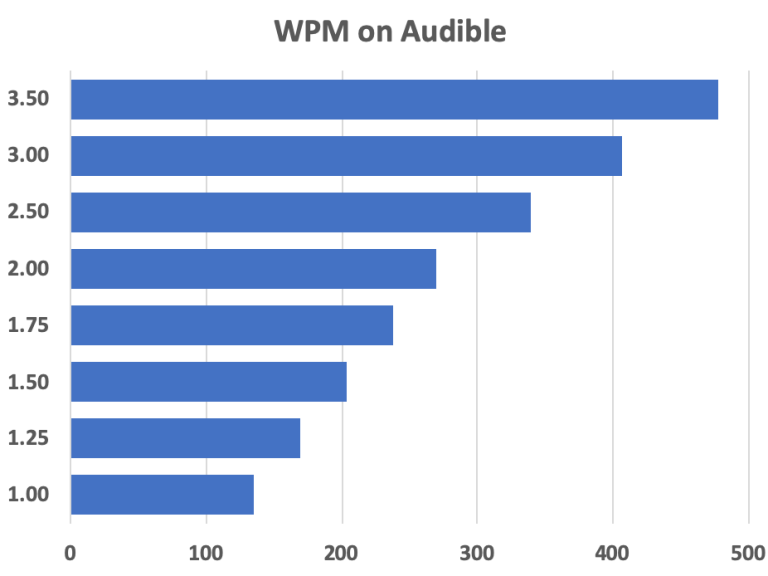Do Audiobooks Have Copyright?
If you’ve ever found yourself diving into the world of audiobooks, you might have wondered about the copyright behind these captivating recordings. After all, they provide a unique way to enjoy literature, allowing you to listen to your favorite stories on the go. So, do audiobooks have copyright? Let’s explore this fascinating question together.
In the realm of intellectual property, copyright laws play a crucial role in protecting the rights of creators. Just like printed books, audiobooks are subject to copyright regulations. This means that the content within an audiobook, whether it’s a novel, memoir, or self-help guide, is protected by copyright law. The author or publisher holds the rights to the material, ensuring they have control over its distribution and reproduction. So, while you may have purchased or downloaded an audiobook, it’s important to remember that the copyright still belongs to the original creator.
Now that we’ve established that audiobooks do indeed have copyright, it’s essential to understand the implications of this. As a consumer, it means that you should approach audiobooks with the same respect for intellectual property as you would with physical books. Sharing or distributing copyrighted audiobooks without permission from the copyright holder is considered a violation of their rights. Additionally, creating your own audiobook version of a copyrighted work without obtaining the necessary licenses or permissions would also be infringing on the copyright. So, while audiobooks offer a convenient and immersive way to enjoy literature, it’s important to be mindful of the legal boundaries surrounding their copyright.

Do Audiobooks Have Copyright?
Audiobooks have become increasingly popular in recent years, providing a convenient way for people to enjoy literature and stories. However, this rise in popularity has also raised questions about the copyright of audiobooks. In this article, we will explore the topic of audiobook copyright and delve into the legal aspects surrounding this form of media.
Understanding Audiobook Copyright
Audiobooks, like any other form of creative content, are protected by copyright laws. Copyright grants exclusive rights to the creator of an original work, preventing others from reproducing, distributing, or performing the work without permission. This includes audiobooks, which are considered derivative works based on the original written material.
To create an audiobook, permission must be obtained from the copyright holder of the underlying work. This is typically the author or their publishing company. Audiobook production companies often secure the necessary rights through licensing agreements to legally produce and distribute the audiobook.
The Role of Narrators and Performers
Narrators and performers play a crucial role in bringing audiobooks to life. However, it is important to note that their contributions are considered performances of the original work, rather than separate creative works. As such, their performances are also subject to copyright protection.
In some cases, narrators may be required to sign contracts with the audiobook production company, granting the company the rights to their performance. This ensures that the company has the legal authority to distribute the audiobook without infringing on copyright laws.
The Benefits of Audiobook Copyright
Copyright protection for audiobooks serves several important purposes. Firstly, it allows authors and creators to control the distribution and use of their works, ensuring that they receive appropriate recognition and compensation. This incentivizes creativity and encourages the production of high-quality audiobooks.
Additionally, copyright protection helps maintain the integrity of the original work. By requiring permission for the creation of derivative works, copyright laws help prevent unauthorized adaptations or modifications that could potentially harm the reputation or artistic vision of the author.
How Copyright Affects Audiobook Distribution
Copyright laws can have a significant impact on the distribution of audiobooks. Audiobook production companies must obtain the necessary licenses and permissions to legally distribute the audiobooks they produce. This ensures that both the original work and the performance are protected.
In some cases, audiobook distribution may be limited to specific platforms or regions due to licensing agreements or copyright restrictions. This is done to ensure that copyright holders receive appropriate compensation for their works and to prevent unauthorized distribution that could infringe on their rights.
Protecting Audiobook Copyright
To protect audiobook copyright, it is essential for both creators and consumers to be aware of their rights and responsibilities. Creators should ensure that they have obtained the necessary permissions and licenses before producing and distributing audiobooks. Consumers should support legal channels for accessing audiobooks and refrain from unauthorized sharing or distribution.
It is also important for audiobook production companies to actively monitor and address any potential copyright infringements. This includes taking action against unauthorized distribution or reproduction of their audiobooks, as well as ensuring that their contracts with narrators and performers adequately protect their rights.
Conclusion
In conclusion, audiobooks are subject to copyright laws, just like any other form of creative content. Copyright protection ensures that the rights of authors, creators, and performers are respected and that their works are properly recognized and compensated. By understanding and respecting audiobook copyright, we can continue to enjoy this popular form of storytelling while supporting the creative industries that produce them.
Key Takeaways: Do audiobooks have copyright?
- Audiobooks are protected by copyright laws, just like printed books or music.
- The copyright owner has the exclusive right to reproduce, distribute, and publicly display the audiobook.
- Copying or distributing audiobooks without permission from the copyright owner is illegal.
- It is important to purchase or obtain audiobooks from legal sources to respect copyright laws.
- Using audiobooks for personal use or within the terms of a licensing agreement is allowed.
Frequently Asked Questions
1. Are audiobooks protected by copyright laws?
Yes, audiobooks are protected by copyright laws. Just like printed books, audiobooks are considered literary works and are subject to the same legal protections. This means that the author or creator of the audiobook holds the exclusive rights to reproduce, distribute, and publicly perform or display the work.
It is important to respect these copyright laws and not use or distribute audiobooks without proper authorization. Unauthorized sharing or reproduction of audiobooks can lead to legal consequences, including fines and penalties.
2. Can I create my own audiobook version of a copyrighted book?
No, creating your own audiobook version of a copyrighted book without obtaining permission from the copyright holder is a violation of copyright laws. The rights to create derivative works, such as audiobooks, belong to the original copyright owner.
If you are interested in creating an audiobook based on a copyrighted book, it is important to seek permission from the copyright holder or explore options for obtaining the necessary licenses. This ensures that you are legally allowed to produce and distribute the audiobook without infringing on anyone’s copyright.
3. Can I use copyrighted music in my audiobook?
Using copyrighted music in your audiobook without permission from the copyright owner is generally not allowed. Music is also protected by copyright laws, and using it in your audiobook without proper authorization can be considered copyright infringement.
If you want to include copyrighted music in your audiobook, you should obtain the necessary licenses or permissions from the copyright holders. There are organizations and services available that can help you navigate the licensing process and ensure that you are using the music legally.
4. What happens if I infringe on the copyright of an audiobook?
If you infringe on the copyright of an audiobook, you may face legal consequences. The copyright holder has the right to take legal action against you, which could result in fines, damages, or injunctions. Additionally, you may be required to cease distribution of the infringing material and could face reputational damage.
It is important to respect copyright laws and obtain proper authorization before using or distributing audiobooks. If you are unsure about the copyright status of an audiobook or how to obtain the necessary permissions, it is advisable to seek legal advice to avoid potential legal issues.
5. How can I ensure that my audiobook does not infringe on copyright laws?
To ensure that your audiobook does not infringe on copyright laws, it is crucial to obtain the necessary permissions or licenses from the copyright holders. This may involve reaching out to the author or publisher of the book, as well as any other copyright owners, such as music composers or performers.
If you are self-publishing your audiobook, it is recommended to work with a reputable distributor or platform that can help you navigate the legal aspects of copyright. They can guide you through the licensing process and ensure that your audiobook is compliant with copyright laws.
How Do Audiobooks Handle Copyright Information? (With Lawyer Tony Iliakostas)
Final Thoughts on Audiobook Copyright
After delving into the world of audiobook copyright, it is evident that this topic can be quite complex. While audiobooks themselves are protected by copyright, the specific elements within them, such as the narration, music, and sound effects, may have separate copyrights. It is crucial for both creators and consumers of audiobooks to understand and respect these copyrights to avoid any legal complications.
When it comes to creating audiobooks, authors and publishers must ensure they have the necessary permissions and licenses for all copyrighted materials used. This includes obtaining the rights to the original written work, as well as any additional copyrighted content such as music or sound effects. By doing so, they can protect their own intellectual property and avoid infringing on the rights of others.
On the other hand, as consumers of audiobooks, it is important to be aware of the copyright restrictions surrounding the content we enjoy. Purchasing or streaming audiobooks from reputable sources that have obtained the proper licenses ensures that we are supporting the creators and respecting their intellectual property rights.
In conclusion, audiobooks, like any other form of creative work, are subject to copyright protection. Understanding the intricacies of audiobook copyright empowers both creators and consumers to navigate this field responsibly and ethically. By respecting copyright laws, we can foster a thriving audiobook industry that benefits everyone involved. So, whether you’re an author, publisher, or avid audiobook listener, let’s continue to appreciate and protect the intellectual property that brings these captivating stories to life.






